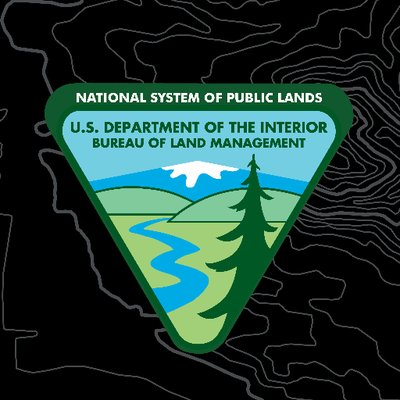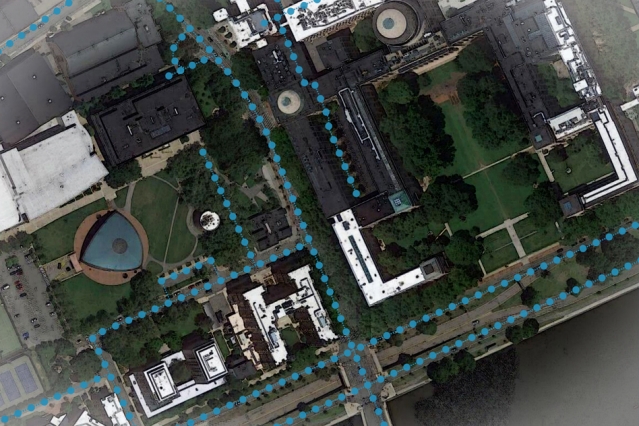If your company is looking for new talent and you want to share the opportunity with our community, feel free to submit a job using the online form for us to review and include in our list! If you would like to know more about our Geospatial Job Portal, read about it here.
If you are enthusiastic about location data or anything geospatial, then this is the job portal for you!
Looking for more positions in GIS, academia, product, or data science roles? Go directly to our searchable Geospatial Job Portal!
Featured Jobs
 US Army Corps of Engineers: Cartographic Technician
US Army Corps of Engineers: Cartographic Technician
📍 Buffalo, NY, US
You will need to perform a variety of cartographic duties associated with the District’s navigation and dredging program. For example, executing technical tasks, including routine cartographic and drafting work at full production level and some cartographic work of moderate difficulty. You will also need to lay out multiple sheet sets of maps that would require knowledge of map purpose and appropriate level of detail. Another task could be to select routine details that will be shown on maps to assist project engineers, dredging contractors and using public, taking into consideration the intended map usage, and in few cases using judgment in placement of details.
 Bureau of Land Management: MLRS GIS Team Lead
Bureau of Land Management: MLRS GIS Team Lead
📍 Boise, ID, US
 Tucson Electric Power: T&D Application Analyst (GIS Support)
Tucson Electric Power: T&D Application Analyst (GIS Support)
📍 Tucson, AZ, US
 Amazon: Sr. Real Estate Research Manager
Amazon: Sr. Real Estate Research Manager
📍 Seattle, WA, US
 Cesium: Software Project Manager
Cesium: Software Project Manager
📍 Philadelphia, PA, US
 GE Renewable Energy: Project Management Specialist
GE Renewable Energy: Project Management Specialist
📍 Jakarta, Indonesia
Even if these jobs may not be for you, they may help out someone in your network. Please share!
And if there are any specific things you’d like to see in our job portal, feel free to get in touch. Be sure to follow us on LinkedIn as well!









